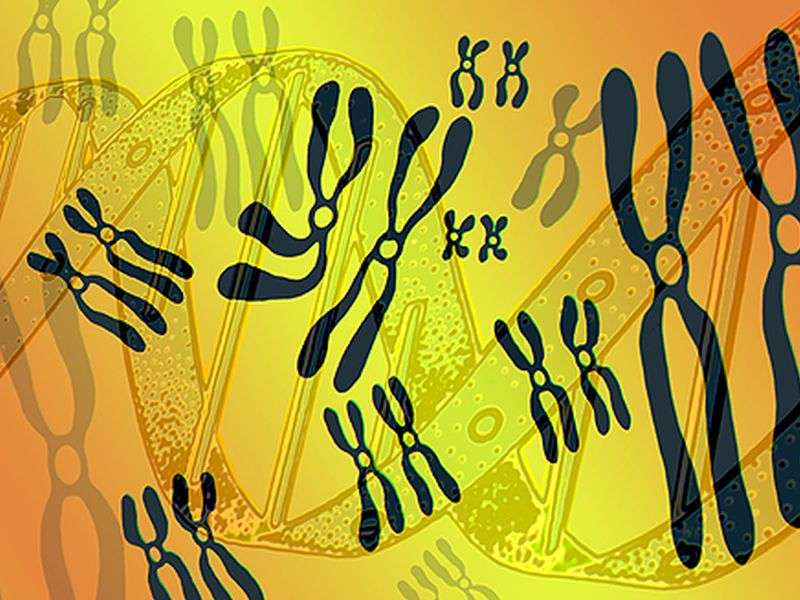New mutations help predict survival in RARS-T

(HealthDay)—New mutations have been identified with next-generation sequencing (NGS) in refractory anemia with ring sideroblasts and thrombocytosis (RARS-T), which are prognostic for survival, according to a study published online Feb. 13 in the American Journal of Hematology.
Mrinal M. Patnaik, M.D., from the Mayo Clinic in Rochester, Minn., and colleagues examined predictors of survival in RARS-T. Clinical and laboratory samples from 82 patients were analyzed and a 27-gene NGS assay was applied to 48 marrow samples obtained at diagnosis.
The researchers found that most patients (94 percent) had one or more mutations, with the most common mutations being SF3B1 (85 percent), JAK2V617F (33 percent), ASXL1 (29 percent), DNMT3A (13 percent), SETBP1 (13 percent), and TET2 (10 percent). Anemia and abnormal karyotype were independent prognostic factors for inferior survival in a multivariable survival analysis. In patients with NGS information, an association between poor survival was seen with the presence of SETBP1 or ASXL1 in univariate analysis (P = 0.08), while absence of these mutations was favorable (P = 0.04). A hazard ratio-weighted prognostic model, which included abnormal karyotype, ASXL1 and/or SETBP1 mutations, and anemia, was able to classify patients into risk categories, with median survivals of 80, 42, and 11 months, respectively, for low, intermediate, and high risk (P = 0.01).
"In summary, we confirm the unique mutational landscape in RARS-T and provide a novel mutation-enhanced prognostic model," the authors write.
More information:
Abstract
Full Text (subscription or payment may be required)
Copyright © 2016 HealthDay. All rights reserved.

















